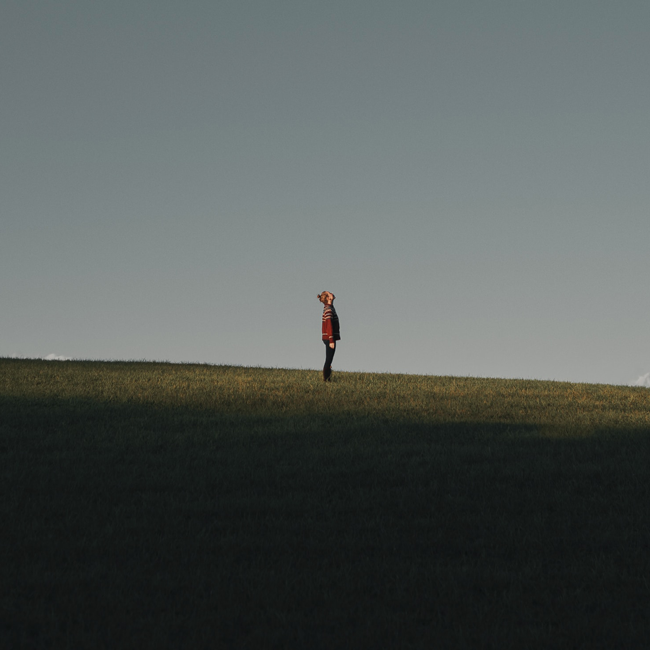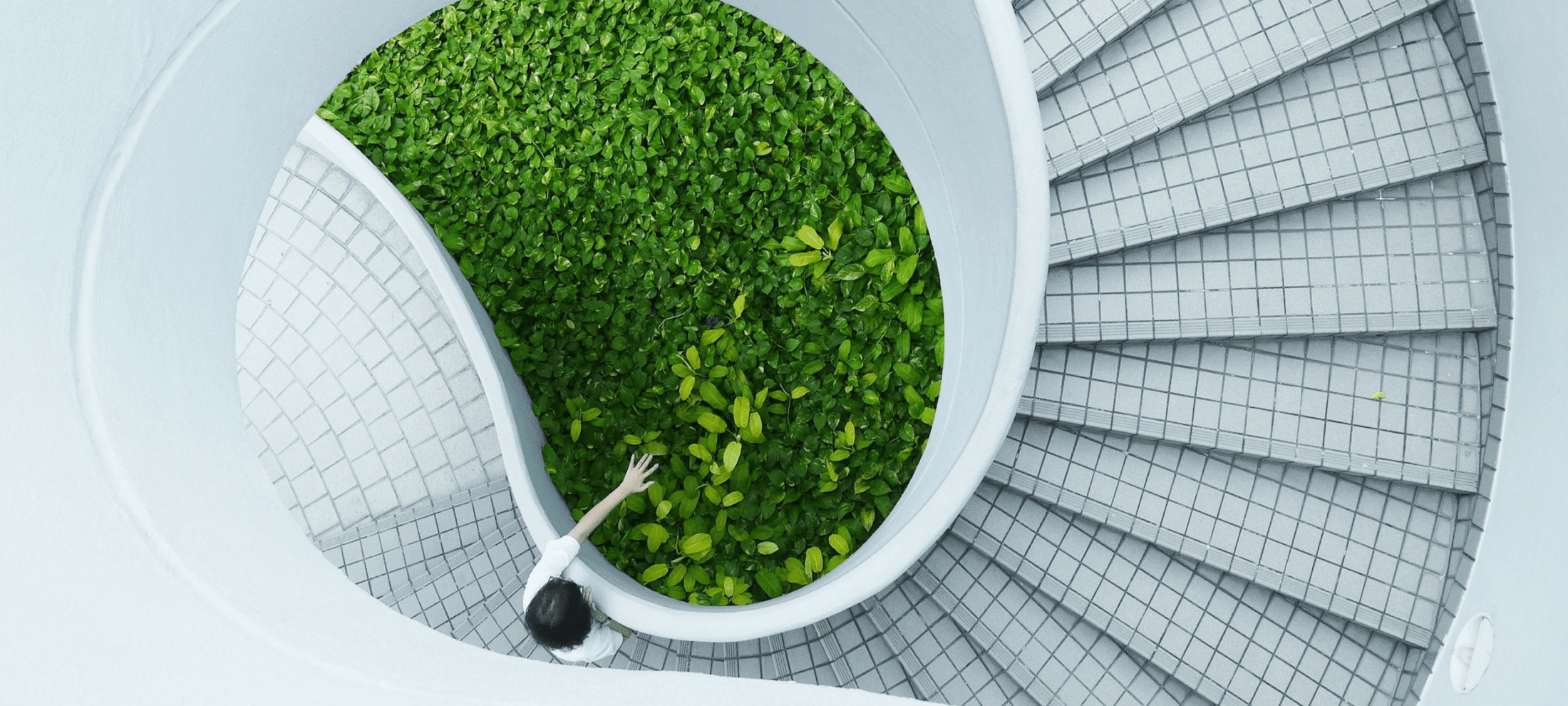
Enwhitenment: utes, philosophy and the preconditions of civil society
Opinion + AnalysisRelationships
BY Bryan Mukandi 25 NOV 2020
The wing of the philosophy department that I occupied during my PhD studies is known as ‘Continental’ philosophy. You see, in Australia, in all but the most progressive institutions, colonial chauvinism so prevails that philosophy is by definition, Western.
A domestic dispute, however, means that most aspiring academic philosophers must choose between the Anglo-American tradition, or the Continental European one. I chose the latter because of what struck me as the suffocating rigidity of the former. Yet while Continental philosophy is slightly more forgiving, it generally demands that one pick a master and devote oneself to the study of the works of this (almost always dead, white, and usually male) person.
I chose for my master a white man of questionable whiteness. Born and raised on African soil, Jacques Derrida was someone who caused discomfort as a thinker in part because of his illegitimate origins. In response, Derrida worked so hard to be accepted that one of the emerging masters of the discipline wrote an approving book about him titled The Purest of Bastards. I, not wanting to undergo this baptism in bleach, ran away into the custody of a Black man, Frantz Fanon.
Born in Martinique, even further in the peripheries of empire than Derrida; a qualified medical practitioner and specialist psychiatrist rather than armchair thinker; and worst of all, someone who cast his lot with anti-colonial fighters – Fanon remains a most impure bastard. My move towards him was therefore a moment of the exercise of what Paul Beatty calls ‘Unmitigated Blackness’ – the refusal to ape and parrot white people despite the knowledge that such refusal, from the point of view of those invested in whiteness, ‘is a seeming unwillingness to succeed’.
It’s not that I didn’t want to succeed. Rather, I found Fanon’s words compelling. The Black, he laments, ought not be faced with the dilemma: ‘whiten yourself or disappear’. I didn’t want to have to put on whiteface each morning. I didn’t want to have to translate myself or my knowledge for the benefit of white comprehension, because that work of translation often disfigures both the work and the translator.
I couldn’t stomach the conflation of white cultural norms with professionalism; the false belief that familiarity with (white) canonical texts amounts to learning, or worse, intelligence; or the assessment of my worth on the basis of my learnt domesticity.
The mistake I made, though, was to assume that moving to the Faculty of Medicine would exempt me from the demand to whiten.
Do you know that sticker, the one you’ll sometimes see on the back of a ute, and often a ute bearing a faux-scrotum at the bottom of the tow bar: “Australia! Love It or Leave It!”? I don’t think that’s a bad summation of the dominant political philosophy in this country. It comes close. Were I to correct the authors of that sticker, I would suggest: “Australia: whiten, or disappear!” This, I think, is the overarching ethos of the country, emanating as much from faux-scrotum laden utes, to philosophy departments, medical institutions, and I suspect board rooms and even the halls of parliament.
What else does, for example, Closing the Gap mean? Doesn’t it boil down to ‘whiten or disappear’, with both reduction to sameness and annihilation constituting paths to statistical equivalence?
I marvel at the ways in which Indigenous organisations manoeuvre the policy, but I suppose First Nations peoples have been manoeuvring genocidal impulses cast in terms of beneficence – ‘bringing Christian enlightenment’, ‘comforting a dying race’, ‘absorption into the only viable community’ – since 1788.
Furthermore, speak privately to Australians from black and brown migrant backgrounds, and ask how many really think the White Australia Policy is a thing of the past. Or just read Helen Ngo’s article on Footscray Primary School’s decision to abolish its Vietnamese bilingual program in favour of an Italian one. As generous as she is, it’s difficult to read the school’s position as anything but the idea that Vietnamese is fine for those with Vietnamese heritage; but at a broader level, for the sake of academic outcomes, linguistic development and cultural enrichment, Italian is the self-evidently superior language.
The difference between the two? One is Asian, while the other is European, where Europe designates a repository into which the desire for superiority is poured, and from which assurance of such is drawn. Alexis Wright says it all far better than I can in The Swan Book.
There sadly prevails in this country the brutal conflation of the acceptance of others into whiteness; with tolerance, openness or even justice.
The Italian-speaking Vietnamese child supposedly attests to ‘our’ inclusivity. Similarly, so long as the visible Muslim woman isn’t (too) veiled, refrains from speaking anything but English in public, and is unflinching throughout the enactment of all things haram (forbidden) – provided that her performance of Islam remains within the bounds of whiteness, she is welcome.
This is why so many the medical students whom I now teach claim to be motivated by the hope of tending to Indigenous, ethnically diverse, differently-abled and poor people. Yet only a small fraction of those same students are genuinely willing to learn how to approach those patients on those patients’ terms, rather than those of a medical establishment steeped in whiteness. To them, the idea of the ‘radical reconfiguration of power’ that Chelsea Bond and David Singh have put forward – that there are life affirming approaches, terms of engagement, even ways of being beyond those conceivable from the horizon of whiteness – is anathema.
Here, we come to the crux of the matter: a radical reconfiguration is called for. Please allow me to be pedantic for a moment. In her Raw Law, Tanganekald and Meintangk Law Professor, Irene Watson, writes about the ‘groundwork’ to be done in order to bring about a more just state of affairs. This is unlike German philosopher Immanuel Kant’s Groundwork for a Metaphysics of Morals, by my reading a demonstration of the boundlessness of white presumption and white power, disguised as the exercise of reason. Instead, like African philosopher Omedi Ochieng’s Groundwork for the Practice of a Good Life, but also unlike that text, Watson’s is a call to the labour of excavation, overturning, loosening.
As explained in Asian-Australian philosopher Helen Ngo’s The Habits of Racism, a necessary precondition and outcome of this groundwork – particularly among us settlers, long-standing and more recent, who would upturn others’ lands – is the ongoing labour of ethical, relational reorientation.
Only then, when investment in and satisfaction with whiteness are undermined, can all of us sit together honestly, and begin to work out terms.
This project is supported by the Copyright Agency’s Cultural Fund.
![]()
Ethics in your inbox.
Get the latest inspiration, intelligence, events & more.
By signing up you agree to our privacy policy
You might be interested in…
Opinion + Analysis
Relationships
Is existentialism due for a comeback?
Explainer
Relationships
Ethics Explainer: Progressivism
Opinion + Analysis
Health + Wellbeing, Relationships
Pop Culture and the Limits of Social Engineering
Opinion + Analysis
Health + Wellbeing, Relationships




